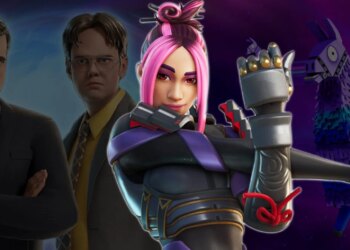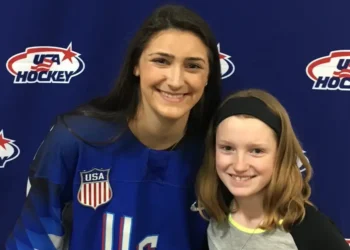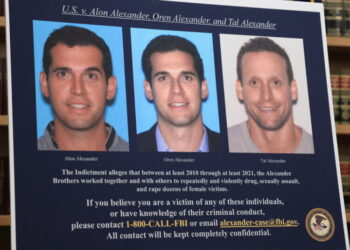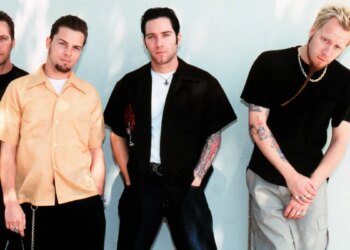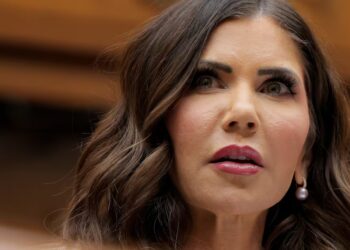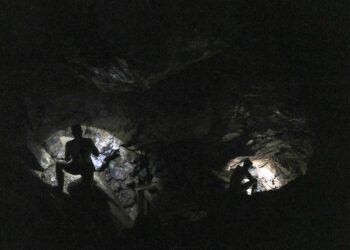CNN Anchor Rips Karoline Leavitt After She Raged at Network Star
A CNN anchor tore President Donald Trump’s press secretary to shreds after she lost it at his colleague over media...
Murdoch Paper Explains How We Know Trump’s Going to Suffer at the Midterms
The Rupert Murdoch-owned Wall Street Journal has warned Donald Trump that this week’s primary elections spell doom for the Republican...
Fortnite’s Biggest Leaker Was Secretly an Epic Games Producer – Now He’s Being Sued
Epic Games is suing a major Fortnite leaker after revealing they were an Associate Producer with the company. According to...
I’ve spent 15 years as a hockey mom watching my daughter chase her dreams. Seeing the women’s Olympic team skip the White House visit left me conflicted.
I'm glad that my daughter can look up to the women on the US team. Courtesy of Katy M. ClarkMy...
Deliberations to Start in Sex-Trafficking Trial of Alexander Brothers
The jury in the federal sex-trafficking trial of the Alexander brothers, two of whom were once America’s top-earning real estate...
Brawl at Sun Belt women’s tournament leads to eight ejections, four suspensions, ref knocked to ground
Eight players were ejected and a referee was knocked to the floor, requiring medical attention, after a brawl broke out...
Scammers are getting smarter. We must, too.
Michelle Singletary’s Feb. 25 The Color of Money column, “Scammers using AI deepfakes to steal money from taxpayers,” raised legitimate...
Lit Becomes Sony’s Own Worst Enemy As They Sue the Company for Breach of Contract
Rock band Lit filed a lawsuit against Sony Music Entertainment on March 2, 2026, and now everyone is coming out...
Scouted: These Cooling Anti-Chafe Slip Shorts Gave My Sweaty Thighs Some Much-Needed Relief
Scouted selects products independently. If you purchase something from our posts, we may earn a small commission. Let me start...
MAGA Former MMA Fighter Tipped to Replace ICE Barbie
President Donald Trump is furious with Homeland Security Secretary Kristi Noem and is considering replacing her with pro-MAGA Sen. Markwayne...


